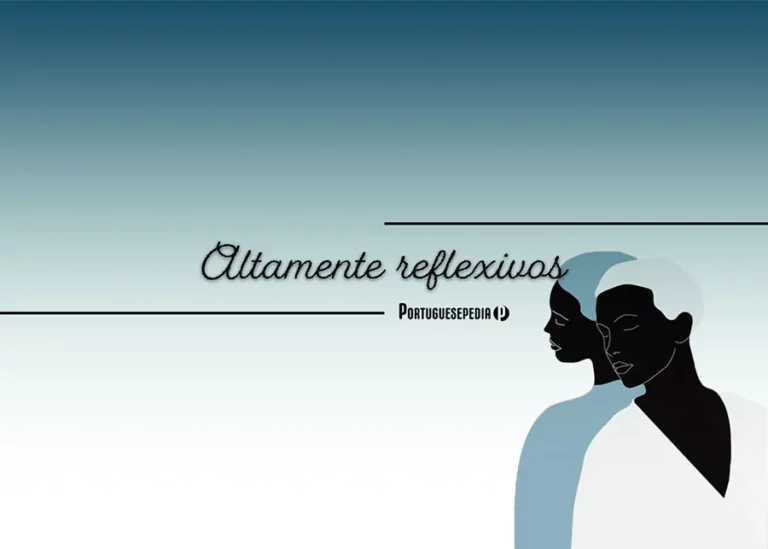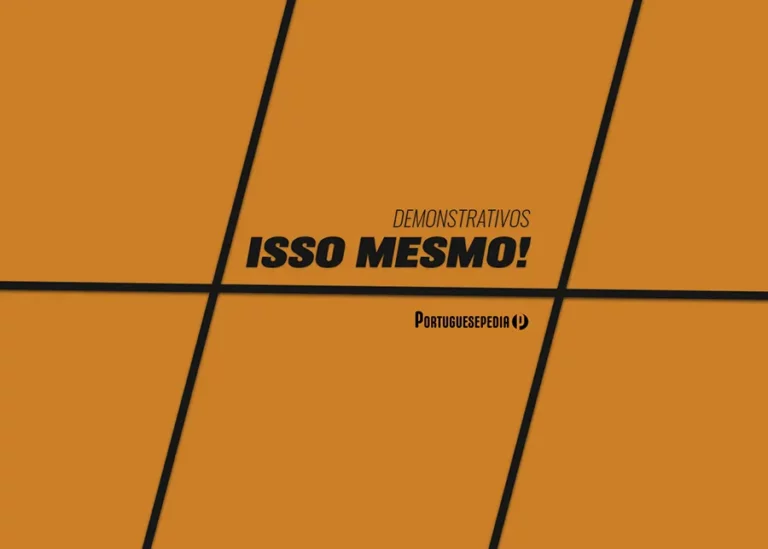
Portuguese Object Pronouns
Little words like lhe, te, or nos often surround Portuguese verbs. Those are object pronouns just like him, you or us in English. Simply put, object pronouns…

Portuguese Question Words
Intrepid language learners start using Portuguese nearly from day one. I love the attitude and hope you are one of them. Besides bravery, to keep conversations going…

Portuguese Reflexive Verbs and Pronouns
Reflexive verbs are abundant in Portuguese and many of them are frequently used in everyday life. It is easy for language learners – especially those unfamiliar with…

Portuguese Demonstrative Pronouns and Determiners
Demonstratives are words we use to point out a person or object, including their location concerning the speaker and hearer. Portuguese demonstratives work along the same lines…

Portuguese Grammar: A Beginners Guide
Here's an introduction to Portuguese grammar for beginners. Plain and easy.

‘Tão’ v. ‘Tanto’ in Portuguese – Know the Difference
Portuguese language learners often struggle to distinguish between the adverbs tão and tanto. Are you one of them? I get it! After all, tão and tanto are…

Portuguese Possessive Pronouns and Determiners
Portuguese possessive pronouns and determiners indicate possession. In English, these are words like my, your, his, her, our, their (possessive determiners) and mine, yours, his, hers, ours, theirs (possessive pronouns). Possessive pronouns and determiners…
